UK motorists under 34 are being targeted by a series of clever car-related scams. Experts highlight the top tricks to watch out for—before it’s too late.
Others are reading now
UK motorists under 34 are being targeted by a series of clever car-related scams. Experts highlight the top tricks to watch out for—before it’s too late.
DVLA Message Scams
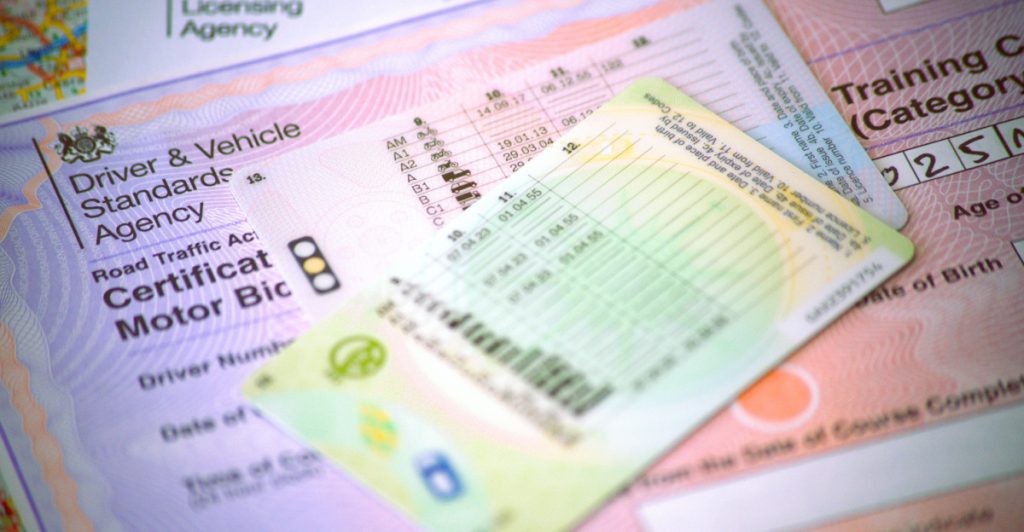
Fraudsters are sending fake texts and emails pretending to be from the DVLA. These messages often claim urgent action is needed—like updating your licence or fixing a tax issue—to trick you into sharing personal information.
Bogus Parking Fines
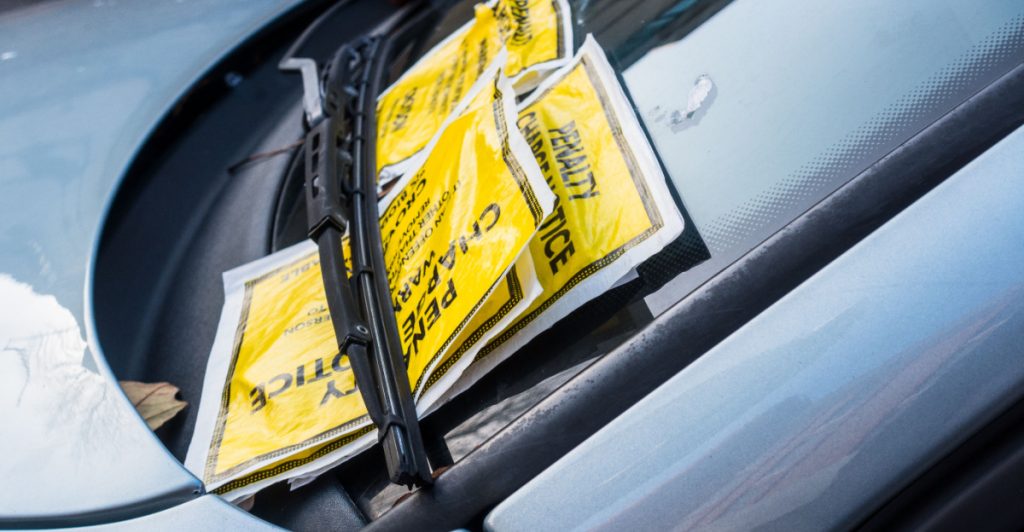
Scammers are mailing out fake Parking Charge Notices (PCNs) that look official. They push for immediate payment by threatening increased fines. Always verify with your local council before paying.
QR Codes on Meters
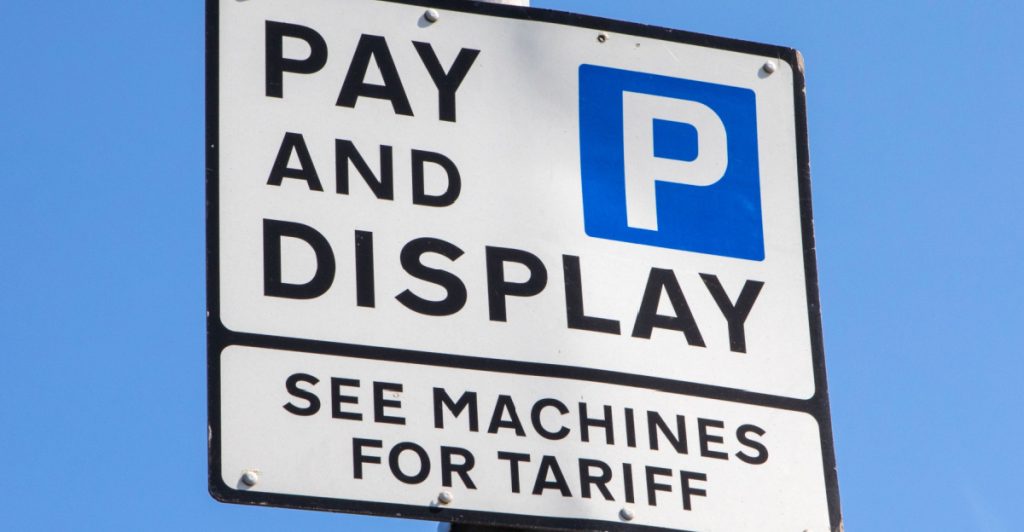
Criminals are sticking fake QR codes on parking machines to redirect payments. Instead of scanning random codes, use trusted parking apps like RingGo or PayByPhone.
Why Young Drivers Are Most at Risk
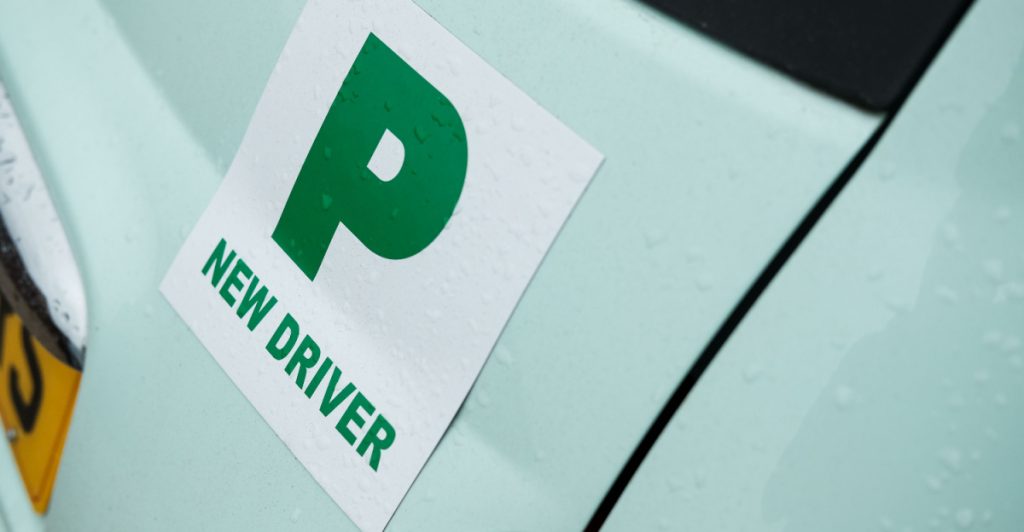
Drivers aged 25–34 are statistically the most common victims of these scams. Experts believe a false sense of tech confidence and urgency leads younger motorists to act quickly—without verifying.
Also read
Recognising the Red Flags

Urgent language, unfamiliar links, and unexpected payment requests are all signs of a scam. Genuine bodies like the DVLA never ask for money via text or email.
How to Stay Protected

Never click suspicious links. Type official URLs manually or use verified apps. If in doubt, contact the organisation directly using their official contact details.
The Bottom Line
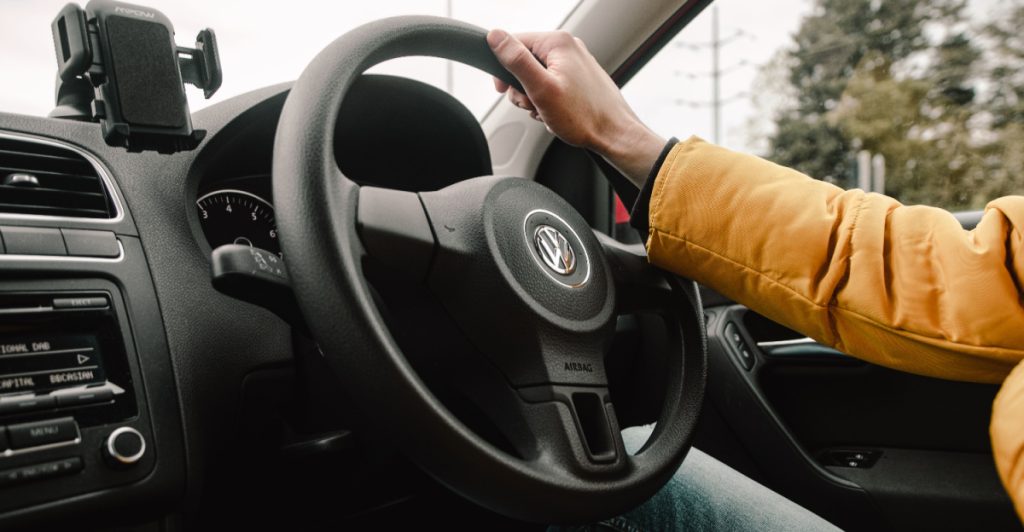
Car-related scams are on the rise—especially among younger drivers. Staying alert and cautious can prevent major financial loss.


